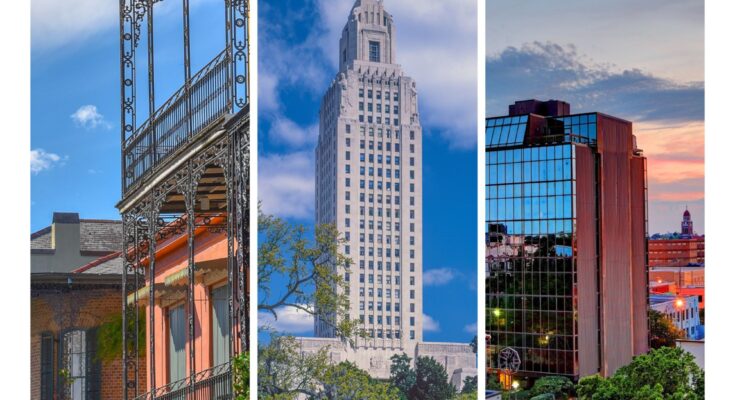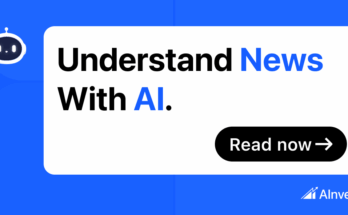Sponsored by Tyler Technologies
When it comes to the operations of modern-day government, it’s about more than connecting residents and businesses to state and local services. It’s also about forging connections across agencies and departments so that everyone, government personnel included, has a more seamless, positive government experience.
Yet when there are hundreds of government departments and agencies, it can be difficult to streamline resources and service delivery in a way that serves everyone. (Louisiana alone has 4.5 million residents and more than 69,000 state employees.)
So in a quickly evolving, technology-dependent world, how can state and local governments continue to foster resident engagement and interagency collaboration without sacrificing productivity or affordability?
“It helps to collaborate with the right partner,” says Jason Stelzer, general manager for Tyler Technologies in Louisiana.
Louisiana has long strived to build a stronger and more connected digital government ecosystem to better serve its residents. Since 2015, Tyler Technologies has been a strategic partner in helping the State of Louisiana achieve this goal. “Tyler is on a mission to equip communities with technology that connects data, people and processes across departments and geographic boundaries,” Stelzer explains.
As the largest software company solely focused on the public sector, Tyler’s extensive suite of products is configurable to meet each government’s unique needs. In Louisiana, where Tyler’s Baton Rouge-based team partners with about 30 state government agencies, this means digital systems that work together instead of in silos, optimized resident access to government services and a boost in citizen engagement.
Take the state’s Get A Game Plan app, built using Tyler’s Resident Engagement Platform, as one example: the app played a pivotal role in proactive community preparedness ahead of Hurricane Francine in 2024, providing plan-ahead resources, real-time emergency alerts and home damage mitigation tips. The app received 14,592 downloads within the first month of its launch.
“Louisiana isn’t the only state seeing this success through strategic partnership with Tyler,” notes Stelzer. Success has also been seen in West Virginia, which leveraged Tyler’s Resident Engagement Platform to launch a one-stop-shop mobile app for vehicle registration and driver’s license renewals. “This enabled West Virginia to optimize department resources while meeting customers where they are,” Stelzer says.
A Wisconsin county parks and recreation department provides another example, he points out. “Tyler’s AI-powered Priority Based Budgeting solution helped the department shift a range of programs to fee-based models and implement cost-sharing approaches,” Stelzer explains. “This enabled the department to render its programs 100-percent self-sustaining and allowed the county to reallocate general fund resources to other priorities.”
The bottom line? “Government can be more streamlined, and residents are equipped to have a more positive government experience, when digital government systems are built to talk to each other,” says Stelzer.
Empowering states across the country to meet the needs of their communities requires a combination of deep expertise, a proven track record of improving the resident experience, and a broad portfolio of seamless and intuitive solutions. When it comes to connected states for connected communities, Tyler is the one partner who can do it all.
To learn more about what Tyler is doing to empower people through technology in Louisiana, visit tylertech.com/louisiana.





